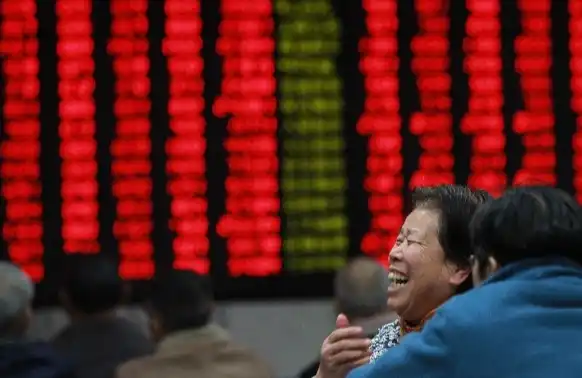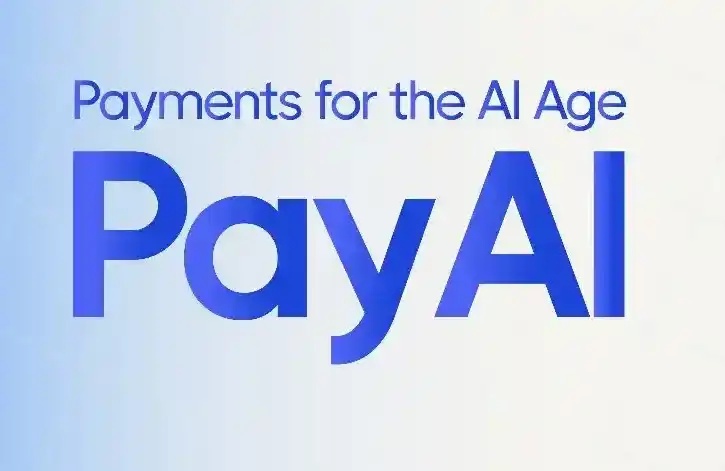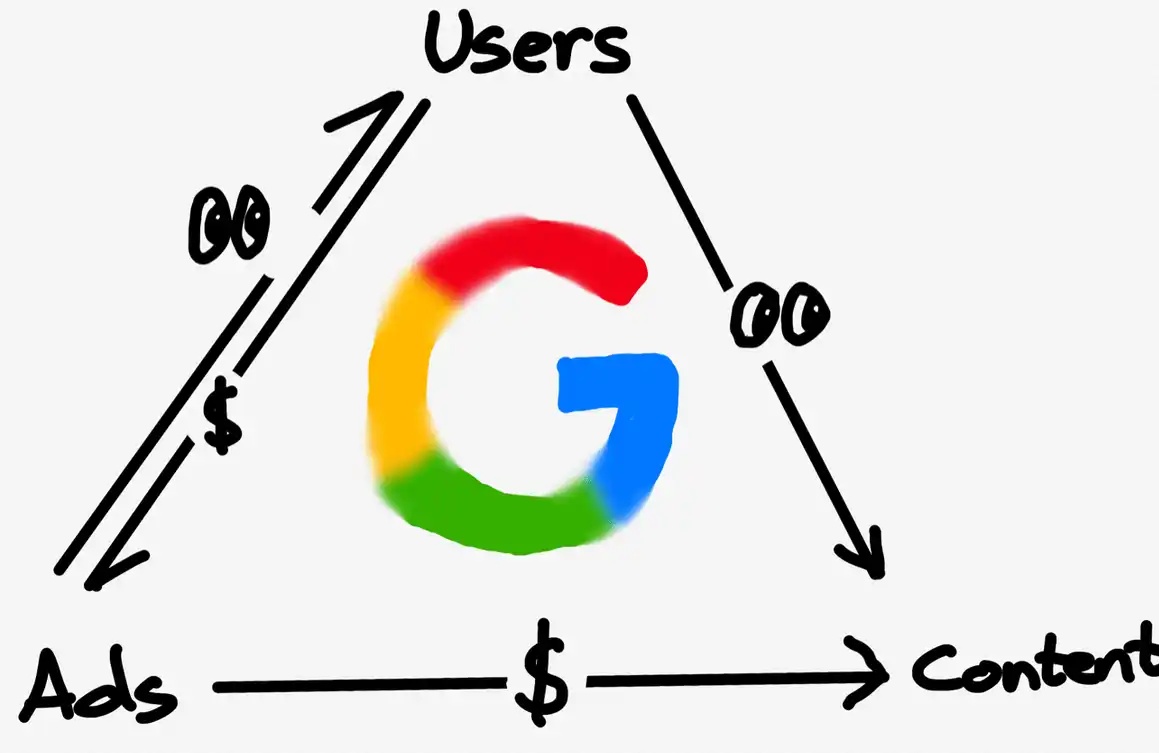Snowden Bitcoin Conference speech full text: Bitcoin's privacy is decreasing, machine learning will be used to censor transactions
Original translation: Wu said blockchain
Video original: https://www.youtube.com/watch?v=f3NBhSXtE5g
Hello everyone. It's great to be with you. The atmosphere here is very warm. Although I can't hear your voice (video speech), I'll just start directly. First of all, it's a real honor to be here. I recently gave a speech at the Bitcoin conference in Amsterdam, and it's amazing how much things have changed in just nine months.
Last time, we talked about how the rules of the game are rigged, but we can't leave because the feeling is still hard to let go despite being treated unfairly. We know they are breaking the rules, not because we like it, but because we never have any other choice. Now it's amazing that we are starting to create our own alternatives.
Nine months ago, everyone was paying attention to Gary Gensler. I have to remind everyone that Gary Gensler is not the "head" of Bitcoin. Now it is easier to argue because we see that Bitcoin is resilient. Ladies and gentlemen, we are winning, but not completely, so we must be vigilant and not be overconfident.
This year, many people will talk about the positives, so you don't need me to do that. I noticed that this year we have more political representatives, which is very good. We have reached the stage where they fought us, but now they are trying to make us like them.
I want to talk briefly about politics. Do not blindly follow a political group. These politicians are not our companions; they have their own interests and values. Take what you need from them, but do not give yourself to them, even if you have to vote for them.
I hope we can reflect on where we are now, how we got here, and where we are going. A passage from Adam Smith in The Wealth of Nations struck me deeply: In every country of the world, the greed and injustice of princes and sovereigns, abusing the trust of their subjects, have gradually reduced the actual amount of metal originally contained in their coins.
We may not be dealing with metal money anymore, but the problems with this way of thinking are everywhere. Especially on the internet, they are killing us. The internet's problems reflect the world's problems: an unfair system built around us that concentrates resources in the hands of a few. Whether it's broadcast media, newspapers, or social media, minority opinions can only survive with tolerance.
We see truck drivers in Canada being de-banked and students in Colombia being fired for their speech. They should have the right to debate, persuade, dissent and challenge. Disagreement fosters progress.
If we accept the inherited system as the best, we are denying the need for change. Every good thing we enjoy is the product of someone’s labor and wisdom, and the system around us is designed to extract as much as possible and give it back to the few.
Increasingly, our lives are mediated by screens, controlled by terms of service dictated by others. Whether it’s Facebook or Google, they abuse everyone’s trust. GDPR, which was supposed to fix these problems, has not succeeded. These technologies are being systematized to benefit institutions, not individuals.
We want to cooperate and collaborate, but we need consensus, not just clicking “Agree to continue.” That needs to change. We are making progress on the money side, which is why there is political interest in this audience. But we face new challenges in AI.
I’m not worried about AI safety in the sense of robots taking over. I believe AI models should be open to everyone to use. Companies like OpenAI want to profit from your data but want to keep those models private. The good news is that it’s getting easier to run these models from home. Even companies like Facebook are contributing to this openness out of self-interest rather than altruism.
Why is this being discussed at a Bitcoin conference? Bitcoin transactions are not private. They are permanent, public, and traceable. While Bitcoin is not completely anonymous, it is generally assumed to have privacy, which is becoming less and less.
Traditional exchanges share transaction information with regulators and governments. While some parts of the blockchain remain unidentified, private transactions are decreasing. When they have your transaction history, they have your life history.
Soon, machine learning models will be used to track and analyze transaction data, making it easier to monitor and control. This applies to all forms of transactions, not just Bitcoin. Institutions such as Visa and Mastercard will become part of this system, reviewing transactions and affecting your ability to transact.
We need to ensure that transactions on the Bitcoin network are secure. Despite years of use, the space for private interactions is shrinking. We can’t rely on large companies to protect our data, as shown by AT&T’s incident of leaking subscriber information to hackers.
These data sets are a burden, and we know they cannot protect them. We must be aware of the potential for abuse and work together to protect our systems.
The United States lacks basic privacy laws, unlike other advanced democracies. The Fourth Amendment only binds the federal government, not corporations. Most intelligence work is done by corporations, bypassing constitutional protections. We tolerate this because we feel we have no choice, but we are running out of time to fix it.
The consequences of ignoring this are growing. This is not about robots taking over; it is about mundane but powerful control. We need to change the system to avoid becoming pawns in a game that only benefits a few.
Let’s work together to create a better future. We need to break the design that pits individuals against each other and institutions grow stronger. Competition exists everywhere, but only among the powerless. We need to address systemic influences and work together to take back control of our lives.
Thank you.
Original link
Welcome to join the official BlockBeats community:
Telegram Subscription Group: https://t.me/theblockbeats
Telegram Discussion Group: https://t.me/BlockBeats_App
Official Twitter Account: https://twitter.com/BlockBeatsAsia


 Forum
Forum Finance
Finance
 Specials
Specials
 On-chain Eco
On-chain Eco
 Entry
Entry
 Podcasts
Podcasts
 Activities
Activities
 OPRR
OPRR








